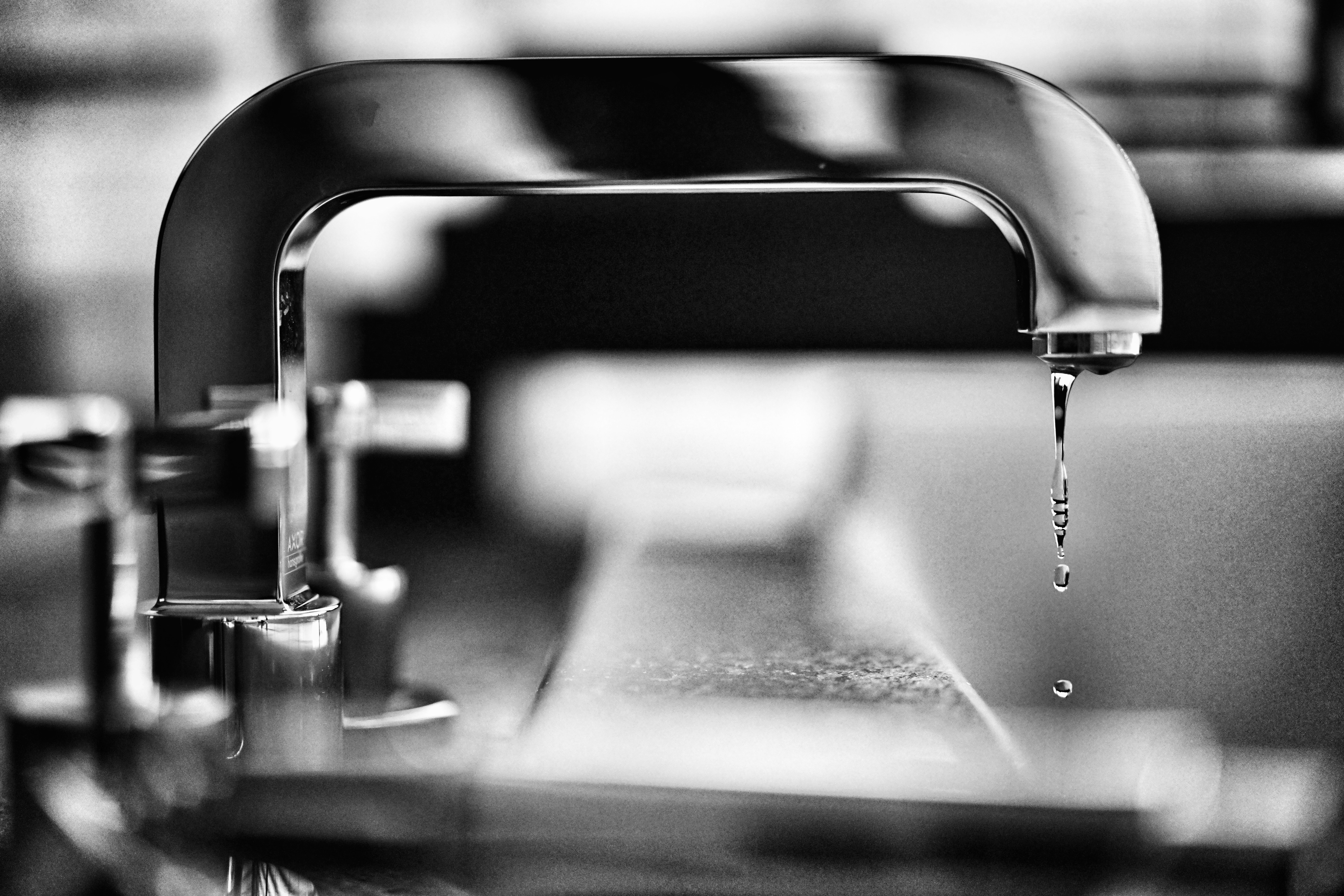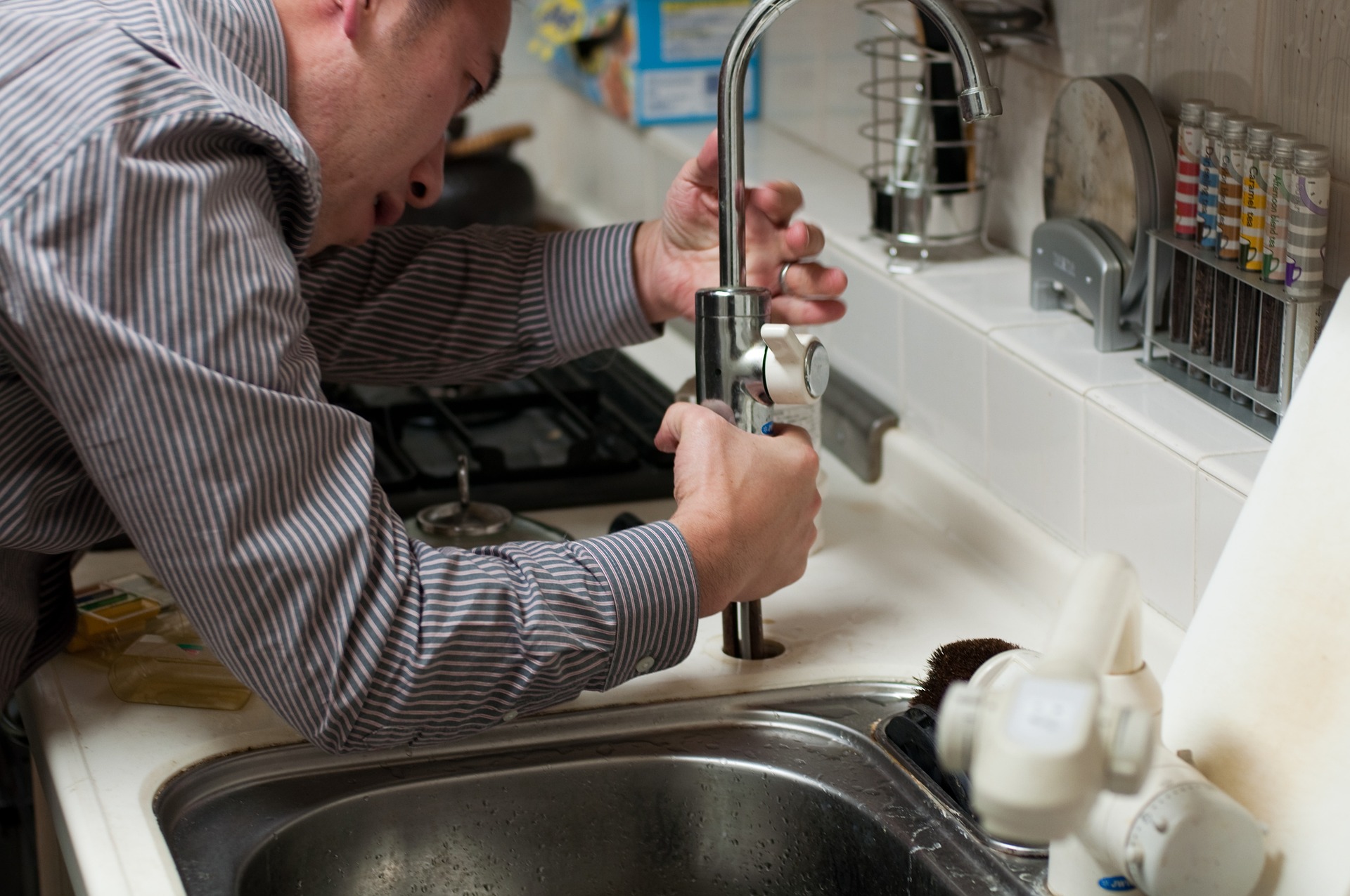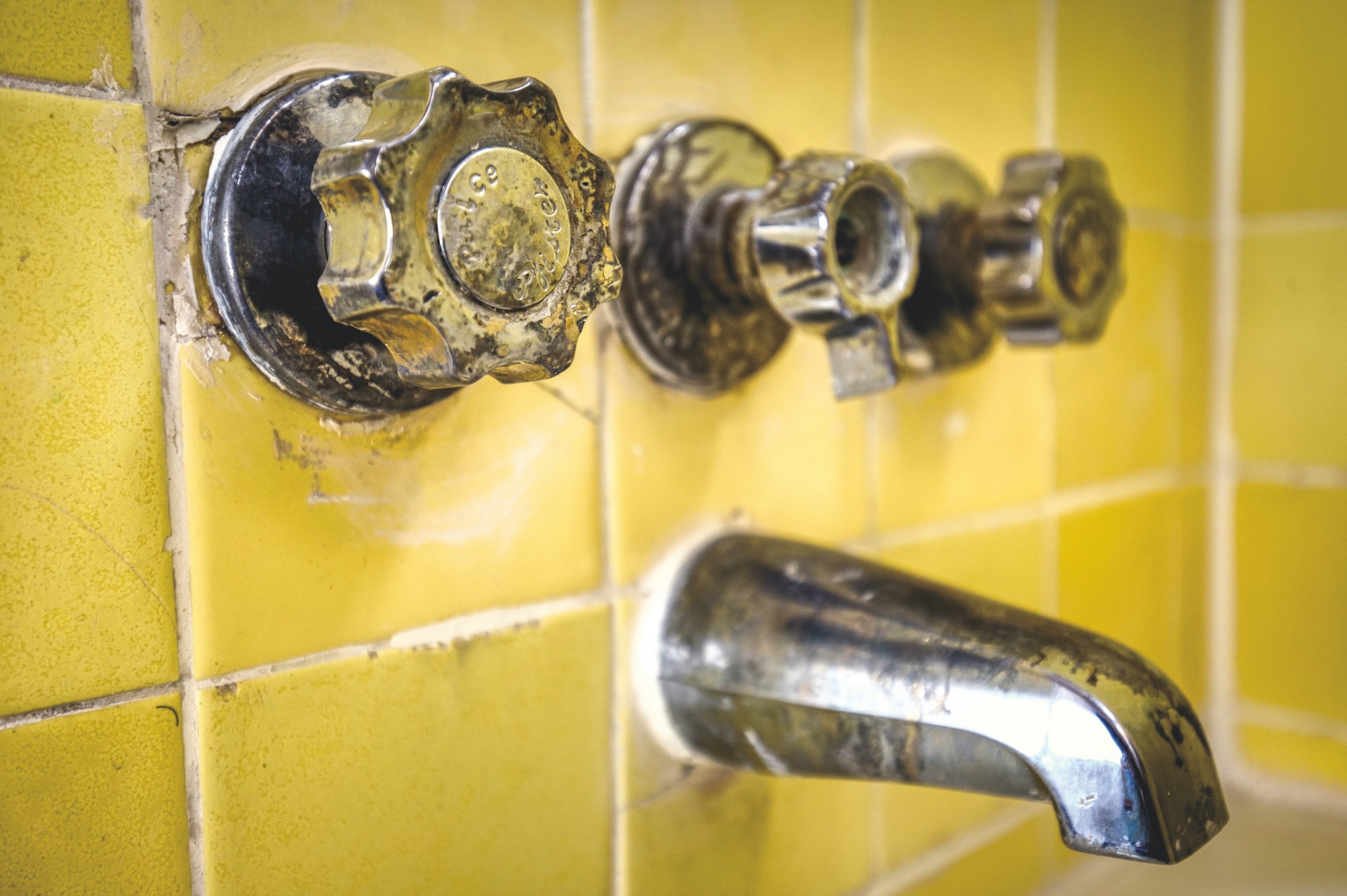Plumbing emergencies can happen at any time, and they often occur when you least expect them. A small leak can quickly escalate into a major problem, leading to expensive repairs and water damage in your home or business.
Knowing what to do in the event of a plumbing emergency can be the difference between a minor inconvenience and a major catastrophe. In this post, we’ll discuss the top 5 common plumbing emergencies you need to know and what steps you can take to prevent them.
1. Burst Pipes
A burst pipe can cause severe water damage to your home or building, leading to costly repairs and potentially harmful mold growth. Frozen or corroded pipes are the most common causes of burst pipes, and they can happen when you least expect it.
If you notice a burst pipe, turn off the water supply immediately to prevent further damage and call a professional plumber. In the meantime, try to contain the water with towels or buckets and open the windows for ventilation.

To prevent burst pipes, insulate any pipes that are exposed to the cold, and allow the faucets to drip slightly during times of extreme cold weather.
2. Clogged Drains
A clogged drain can be a frustrating and inconvenient problem, causing water to back up into your sinks, showers, or toilets. Clogged drains can be caused by an accumulation of hair, grease, soap scum, or food particles.
To prevent clogged drains, avoid putting anything down your drains that shouldn’t be there, such as grease or food scraps, and use drain covers to catch any loose debris. If you do experience a clogged drain, try using a plunger or a drain snake to remove the blockage.
3. Leaking Fixtures
Leaking fixtures, such as faucets or toilets, can be a common plumbing problem that can waste a significant amount of water and lead to increased water bills. Leaks can be caused by worn out or damaged parts, such as seals or washers.

To prevent leaking fixtures, regularly inspect your faucets and toilets for signs of wear and tear, and replace any damaged or worn parts promptly. If you notice a leak, turn off the water supply to the affected fixture and call a professional plumber.
4. Water Heater Issues
Water heater problems can be a significant plumbing emergency, especially during the winter months when hot water is essential. Problems with your water heater can lead to a lack of hot water or even gas leaks, which can potentially lead to carbon monoxide poisoning.
To prevent water heater issues, regularly inspect your water heater for signs of wear and tear, and have it serviced by a professional plumber annually. If you notice any problems with your water heater, immediately turn off the gas supply and call a professional plumber.
5. Sewer Backups
A sewer backup can be a severe plumbing emergency, causing wastewater to overflow into your home or building and potentially posing a health hazard. Some common causes of sewer backups include tree roots, damaged pipes, or flushing inappropriate items down the toilet.
To prevent sewer backups, avoid flushing anything down your toilet that shouldn’t be there, such as wipes or feminine hygiene products, and avoid planting trees or shrubs anywhere near your sewer line. If you notice a sewer backup, immediately turn off the water supply and call a professional plumber.
Conclusion
Being prepared for plumbing emergencies can help you to avoid costly repairs and potential health hazards. If you experience any plumbing emergencies, always turn off the water supply and call a professional plumber immediately.
At Ace Plumbing Repair, we are always ready to help you with your plumbing emergencies. Give us a call at (844) 711-1590, and we’ll be there to assist you promptly.






